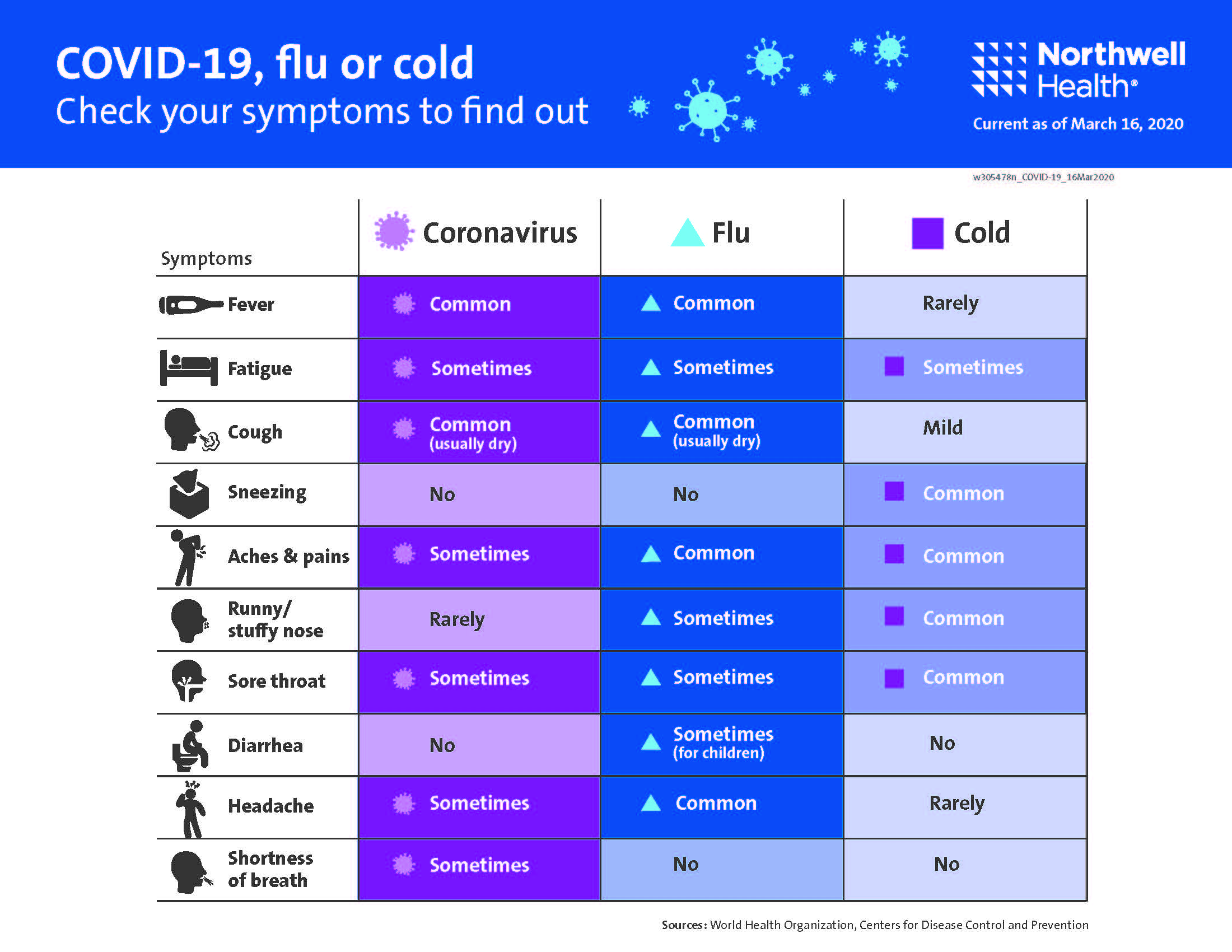Common Symptoms of COVID-19 Variants

The symptoms of COVID-19 can vary depending on the variant of the virus. Some of the most common symptoms include:
- Fever or chills
- Cough
- Shortness of breath or difficulty breathing
- Fatigue
- Muscle or body aches
- Headache
- New loss of taste or smell
- Sore throat
- Congestion or runny nose
- Nausea or vomiting
- Diarrhea
The severity of symptoms can also vary depending on the individual’s health factors, such as age, underlying medical conditions, and vaccination status.
| Variant | Most Common Symptoms | Less Common Symptoms |
|---|---|---|
| Alpha (B.1.1.7) | Fever, cough, shortness of breath | Fatigue, muscle aches, headache, loss of taste or smell |
| Beta (B.1.351) | Fever, cough, shortness of breath | Fatigue, muscle aches, headache, nausea, vomiting |
| Gamma (P.1) | Fever, cough, shortness of breath | Fatigue, muscle aches, headache, diarrhea |
| Delta (B.1.617.2) | Fever, cough, shortness of breath | Fatigue, muscle aches, headache, sore throat, congestion, runny nose |
| Omicron (B.1.1.529) | Runny nose, congestion, sore throat | Fever, cough, shortness of breath, fatigue, muscle aches, headache |
Variants and Their Impact on Transmission and Severity

Covid variants symptoms – The emergence of COVID-19 variants has raised concerns about their impact on transmission and severity. Understanding the differences between variants and their implications for public health measures is crucial for effective pandemic management.
Transmissibility
- Some variants, such as the Alpha and Delta variants, have shown increased transmissibility compared to the original strain.
- Mutations in the viral spike protein can enhance the virus’s ability to bind to human cells, leading to faster spread.
- Increased transmissibility can result in a higher number of infections and a more rapid spread of the virus.
Severity
- Certain variants, such as the Beta and Gamma variants, have been associated with increased severity of illness.
- Mutations can affect the virus’s ability to replicate and cause damage to host cells.
- Increased severity can lead to a higher risk of hospitalization, critical illness, and death.
Implications for Public Health Measures
The emergence of variants with increased transmissibility and severity necessitates adjustments to public health measures.
- 加强疫苗接种计划以针对新的变种
- 实施更严格的社交距离措施,例如口罩令和旅行限制
- 加强监测和追踪系统以快速识别和隔离感染者
- 开发针对新变种的治疗方案和药物
Management of COVID-19 Variants: Covid Variants Symptoms

Effective management of COVID-19 cases caused by different variants is crucial to mitigate their impact on public health. This involves implementing appropriate treatment protocols, preventive measures, and surveillance strategies.
Treatment Protocols
Treatment protocols for COVID-19 variants may vary depending on the severity of the infection and the specific variant involved. For mild to moderate cases, supportive care, including rest, hydration, and over-the-counter medications, may be sufficient.
- Antiviral Therapies: Antiviral medications, such as remdesivir, molnupiravir, and paxlovid, can be used to inhibit viral replication and reduce the severity of symptoms. These medications are typically recommended for patients at high risk of severe disease.
- Vaccines: Vaccination remains a critical tool in managing COVID-19 variants. Vaccines stimulate the immune system to recognize and fight off the virus, reducing the risk of infection, severe illness, and death. Booster doses are recommended to enhance protection against emerging variants.
Preventive Measures, Covid variants symptoms
Preventive measures are essential to mitigate the spread of COVID-19 variants. These measures include:
- Masking: Wearing face masks in public settings helps reduce the transmission of respiratory droplets, which can carry the virus.
- Social Distancing: Maintaining a physical distance of at least 6 feet from others can help prevent the spread of the virus through close contact.
- Vaccination: Vaccination is the most effective way to prevent infection and severe illness from COVID-19 variants. Vaccination programs should be prioritized to protect vulnerable populations and reduce community transmission.
Surveillance and Monitoring
Surveillance and monitoring of COVID-19 variants are essential to track their spread, identify emerging variants, and assess their impact on public health. This involves:
- Genomic Sequencing: Genomic sequencing of virus samples can identify the specific variants present in a community and monitor their evolution over time.
- Case Reporting: Healthcare providers and public health authorities should report cases of COVID-19, including information on the variant involved, to enable effective surveillance and response.
- Data Analysis: Analysis of surveillance data can provide insights into the transmission patterns, severity, and impact of different variants on public health.
The delta variant of COVID-19 has been wreaking havoc, leaving many with a lingering cough and fatigue. However, amidst this medical turmoil, there’s a glimmer of hope in the sports world: Jalen Hurts , the Philadelphia Eagles’ quarterback, has been making headlines with his impressive performance on the field.
While we continue to grapple with the challenges of the delta variant, it’s comforting to find solace in the resilience and determination of athletes like Hurts, who remind us that even in the face of adversity, the human spirit can triumph.
The latest Covid variants seem to be causing a wider range of symptoms, from the common fever and cough to more unusual ones like skin rashes and nausea. While it’s important to be aware of these new symptoms, it’s also crucial to be respectful of others, especially those who may be experiencing discrimination.
For instance, a recent incident involving a misgendering flight attendant highlights the need for empathy and understanding towards individuals from all walks of life. As we navigate these challenging times, let’s remember to prioritize both physical and mental well-being, and treat everyone with the dignity they deserve.